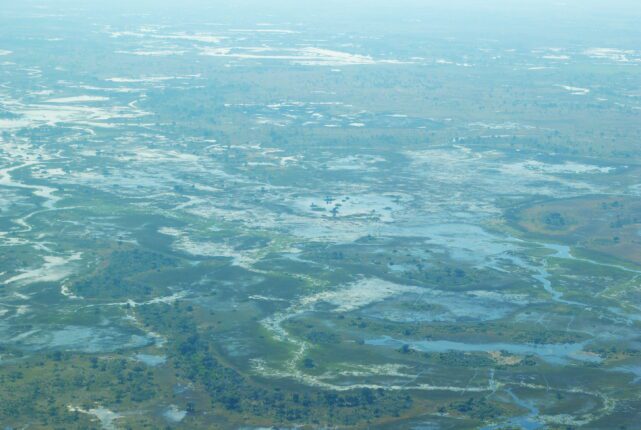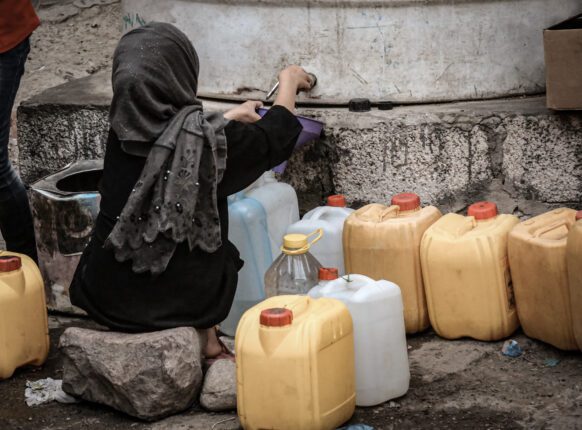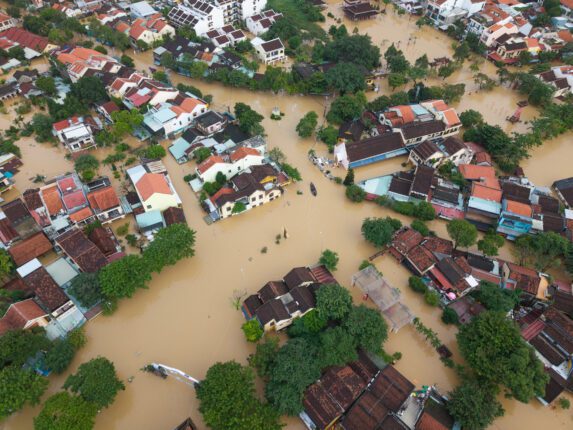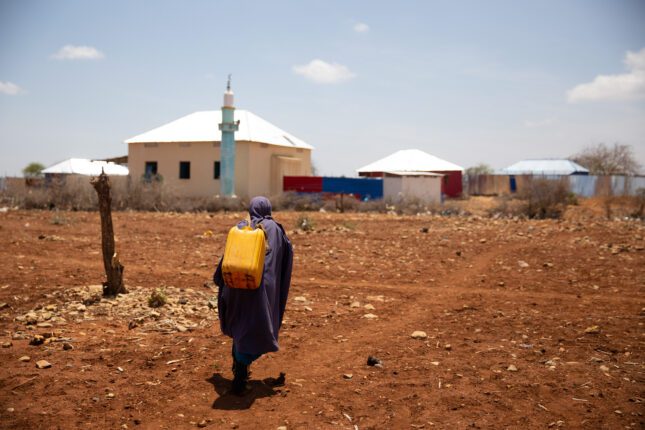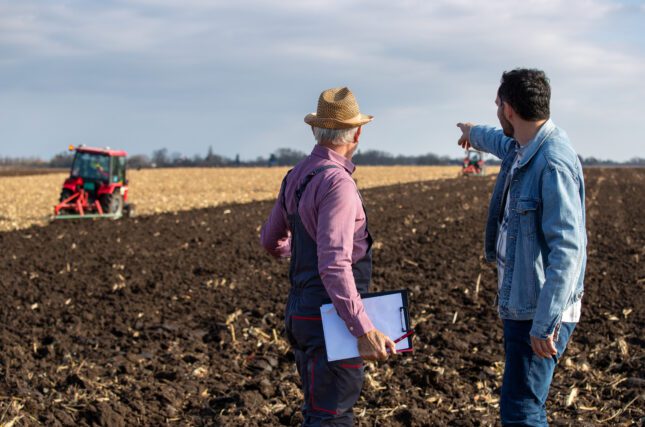-
Water Cooperation is Under Threat
›Rivers, lakes, and aquifers ignore borders and politics, binding countries, people, and ecosystems together. This shared reality has long required cooperation, even among states divided by tensions or conflict. Through technical dialogue, data sharing, and joint institutions, countries have often quietly managed floods, negotiated infrastructure, and protected water quality.
-
Environmental Security Weekly Watch: January 19-23, 2026
›A window into what we’re reading at the Stimson Center’s Environmental Security Program
Community Forests Are the Frontline of a Minerals Race in the DRC (Mongabay)
In the Democratic Republic of Congo’s copper-cobalt belt, local communities are establishing community forest concessions to secure land titles and prevent eviction by mining companies. Sparked by previous displacement incidents, these concessions allow communities to hold up to 50,000 hectares in perpetuity. This region holds approximately 70% of the world’s cobalt reserves, which has attracted intense competition from Chinese companies, the United States, and the DRC state-owned Gécamines to obtain minerals essential to high-tech, weapons, and clean energy industries. Between 2001 and 2024, 1.38 million hectares of tree cover in Lualaba and Haut-Katanga provinces were lost due to mining activities.
-
Water Conflicts Surge Globally: Peter Gleick on Rising Threats
›December 4, 2025 // By Madelyn MacMurray
Events over this past year have made water’s role in global conflicts increasingly salient. India threatened to restrict water flows to Pakistan in response to cross-border terrorism. Cyberattacks targeted water facilities across the United States and United Kingdom. And water infrastructure became a deliberate casualty in conflict zones from Ukraine to Gaza.
-
Environmental Security Weekly Watch: November 17-21, 2025
›November 21, 2025 // By Madelyn MacMurrayA window into what we’re reading at the Stimson Center’s Environmental Security Program
As COP30 Concludes, Experts Call for Reform (Reuters)
Interviews with experts attending COP30 highlight a growing movement for reform to the UN climate negotiations. In particular, there is alignment on a key critique of the current COP structure which calls for a full consensus of nearly 200 countries to make decisions. Since this requirement historically has allowed more ambitious efforts to be blocked during negotiations, suggestions for reform have included the following: a shift to a majority-vote model, holding COP every other year, convening smaller action-focused gatherings, and downsizing COP to exclude big business contingents.
-
Shall We Ask ChatGPT About Water During Negotiation?
›November 17, 2025 // By Kyungmee Kim -
Environmental Security Weekly Watch: November 10-14, 2025
›A window into what we’re reading at the Stimson Center’s Environmental Security Program
Rising Food Insecurity is Driving Instability (Foreign Affairs)
Since 2020, the number of people facing acute hunger and chronic food insecurity has increased 130% above existing levels. And supply is not the issue. At present, the world produces enough food to feed nearly 10 billion people, yet there are 720 million people who are food insecure and a further 319 million face acute hunger. Today’s hunger is driven instead by barriers to access.
-
No Peace at COP30? Why That’s a Risk the World Can’t Afford
›November 10, 2025 // By Nazanine MoshiriAs COP30 in Belém nears, leaders are calling it the “implementation summit.” Trillions of dollars in climate funding are at stake in Brazil in mid-November. Every sector, from forests to AI, has dedicated Thematic Days. However, one critical issue is noticeably missing from the official agenda: peace.
-
Climate Insecurity Comes for Europe
›October 30, 2025 // By Peter SchwartzsteinWhen we look at climate-related insecurity, it’s usually in the context of poorer parts of the planet. And there’s generally good reason for that focus. Regions such as the Sahel and the Middle East are where the most––and worst––conflict of this nature plays out. And, for the most part, poorer countries are also the places least equipped to manage climate impacts and their effects on stability.
Showing posts from category water security.


